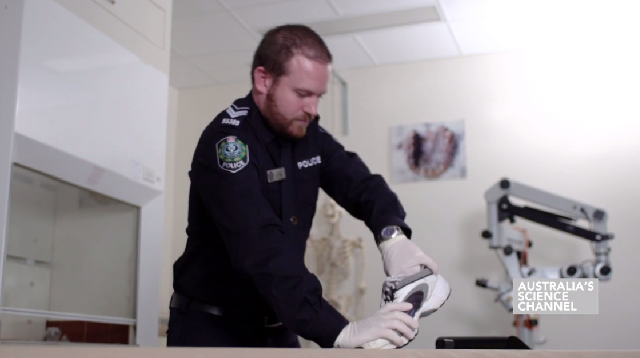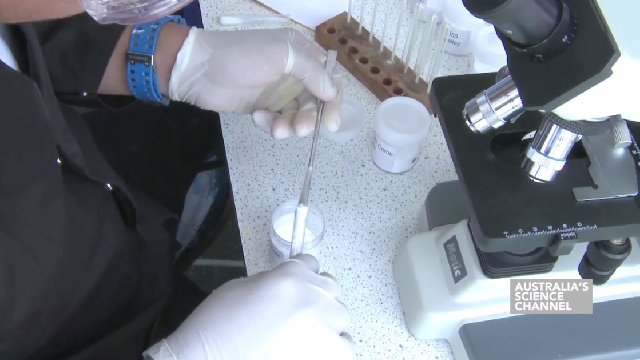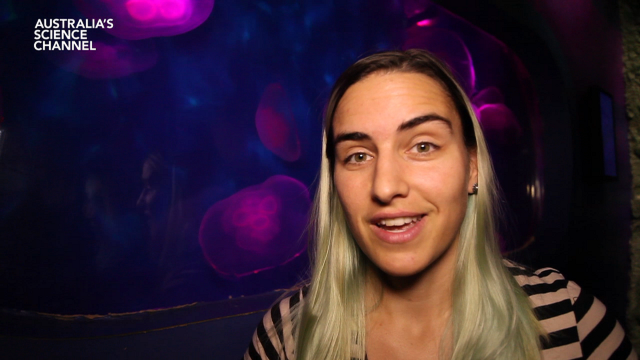Last updated June 15, 2018 at 12:47 pm
Peptide has dual function in venom and digestion.
The platypus’ unusual digestive system may hold answers for human diseases. Credit: iStock
A key metabolic hormone found in the venom and gut of Australia’s iconic platypus holds potential to treat type 2 diabetes, new research led by the University of Adelaide suggests.
The peptide-1 (GLP-1) is similar to glucagon, that is secreted in the gut of humans and animals, stimulating the release of insulin.
The discovery stems from the sequencing of the platypus genome in 2008.
“One of the most amazing discoveries of the platypus genome project was the massive loss of genes important for digestion and metabolic control – these animals basically lack a functional stomach,” project leader Professor Grutzner says.
“More recently we discovered that monotreme GLP-1 has changed radically in these animals, due to its dual function in both the gut and venom.”
Related: Saving lives with platypus milk
Research groups worldwide are investigating different forms of GLP-1 for their effects on metabolic diseases, including diabetes, but Australian scientists are fortunate to have platypuses on their doorstep.
“We have privileged access to these amazing animals,” says Grutzner.
“Male platypuses produce venom during the breeding season, and can deliver the venom from their hind spurs. We were surprised to see GLP-1 present in venom and think that this may have led to a more effective hormone.
“We already know that their GLP-1 works differently, and is more resistant to the rapid degradation normally seen in humans. Maybe this iconic Australian animal holds the answer to a more effective and safer management option for metabolic diseases including diabetes.”
The research is a collaboration between the University of Adelaide, Flinders University, Monash University, SAHMRI and the Royal Adelaide Hospital. It is being supported thanks to a $200,000 grant from Medvet Science, the medical research support and commercialisation arm of the Central Adelaide Local Health Network.
Medvet Science works on behalf of several hospitals in Adelaide to commercialise medical inventions.





























































































































































































































































































































































































































































































